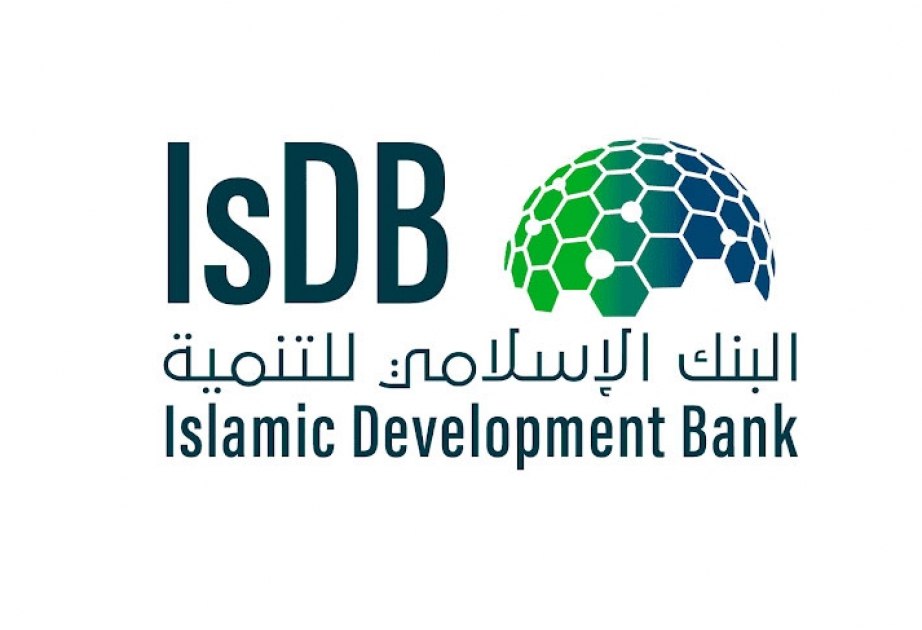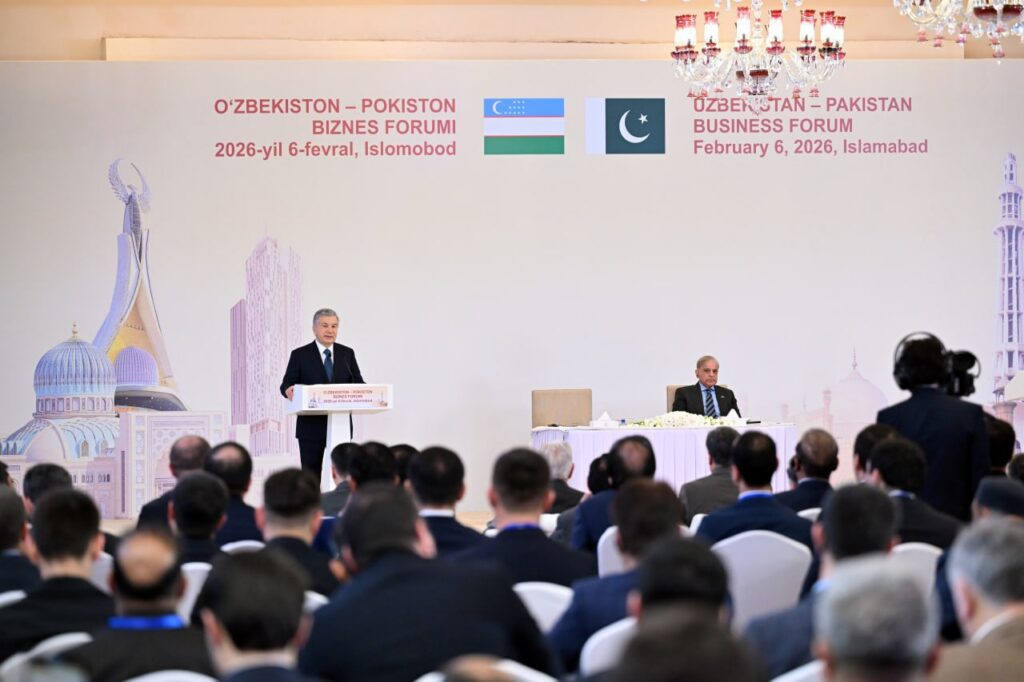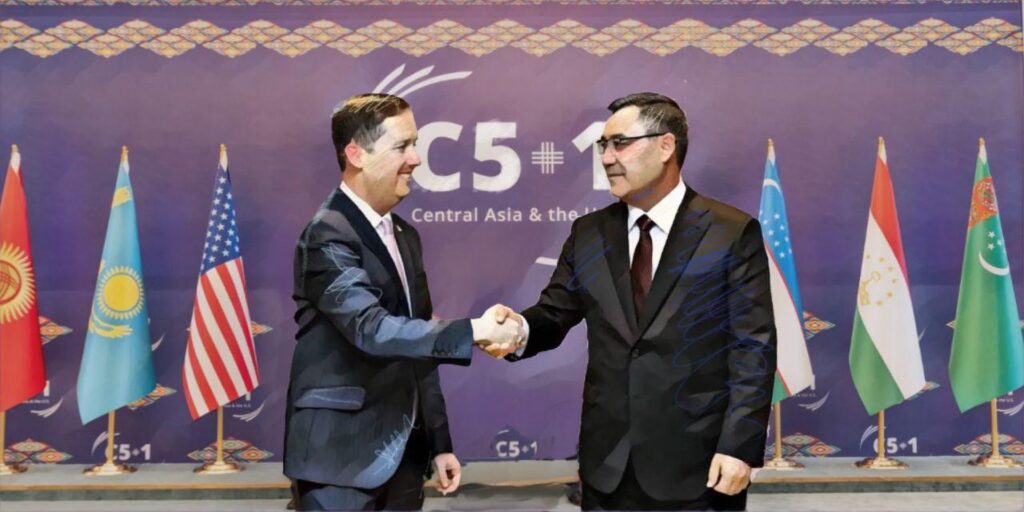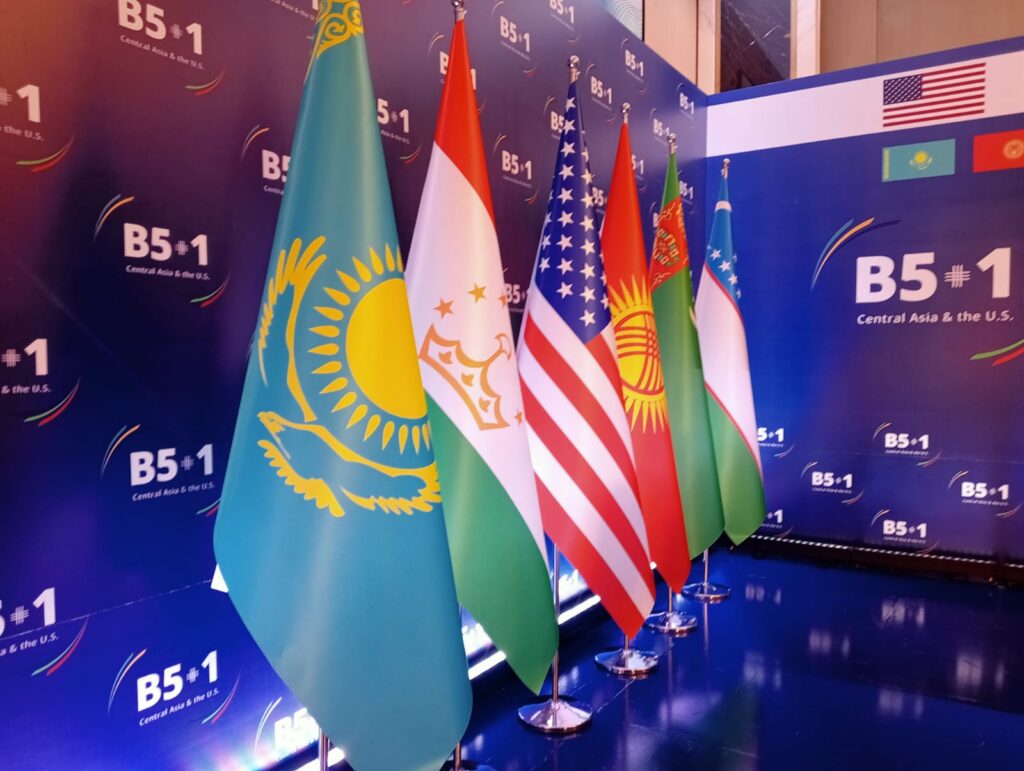Uzbekistan and Islamic Development Bank Sign $164 Million Agreements for Roads and Schools
Uzbekistan and the Islamic Development Bank (IsDB) have signed new financing agreements totaling $164 million to support major infrastructure and education initiatives, further deepening a partnership that plays a key role in the country’s long-term development strategy. The agreements were formalized on February 8 in AlUla, Saudi Arabia, during the Second AlUla Conference for Emerging Market Economies. Prior to the signing, both sides held bilateral talks focused on scaling up cooperation across transport, education, and other high-priority sectors. The discussions emphasized the importance of projects that strengthen regional connectivity and human capital. Road Infrastructure: 4R40 Project One agreement allocates $70 million under the IsDB’s broader $192 million commitment for the 4R40 road project. The funds will support the reconstruction of 143 kilometers of the Dashtabad-Zaamin-Bakhmal-Galyaaral highway, as well as the rehabilitation of 30 kilometers of local and rural roads in the Jizzakh region. The road upgrades are expected to ease transit bottlenecks, enhance safety, and improve access to markets and public services for approximately 200,000 residents. The project will also strengthen regional links to the M39 international transport corridor. Education Reform: SmartEd Project The second agreement covers $94.06 million, part of a total contribution of $160.25 million for the SmartEd project, a national initiative aimed at transforming Uzbekistan’s education system. Funds will be used to build and equip 58 new schools and expand existing institutions with an additional 2,431 classrooms. The initiative targets nearly 73,000 students annually, with provisions for specialized training for over 36,000 teachers and administrators. The project is designed to promote a competency-based, inclusive education system. A Broader Partnership These new agreements build on earlier commitments. At the first AlUla conference in February 2023, Uzbekistan and the IsDB signed $299 million in financing deals, laying the foundation for the infrastructure and education reforms now entering the implementation phase.






